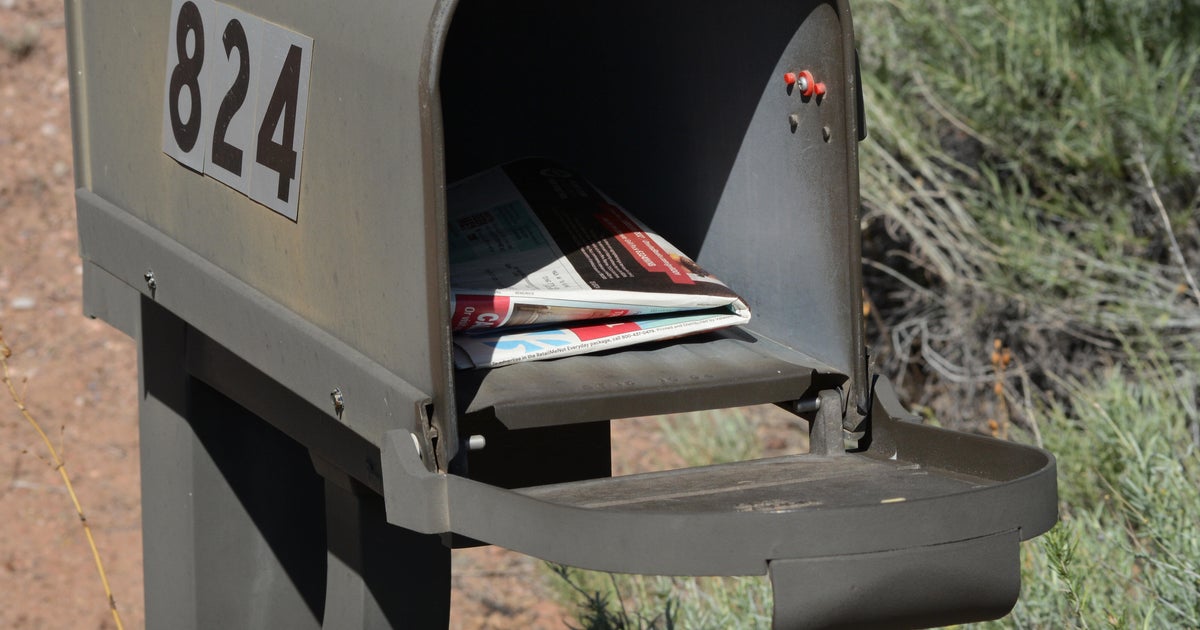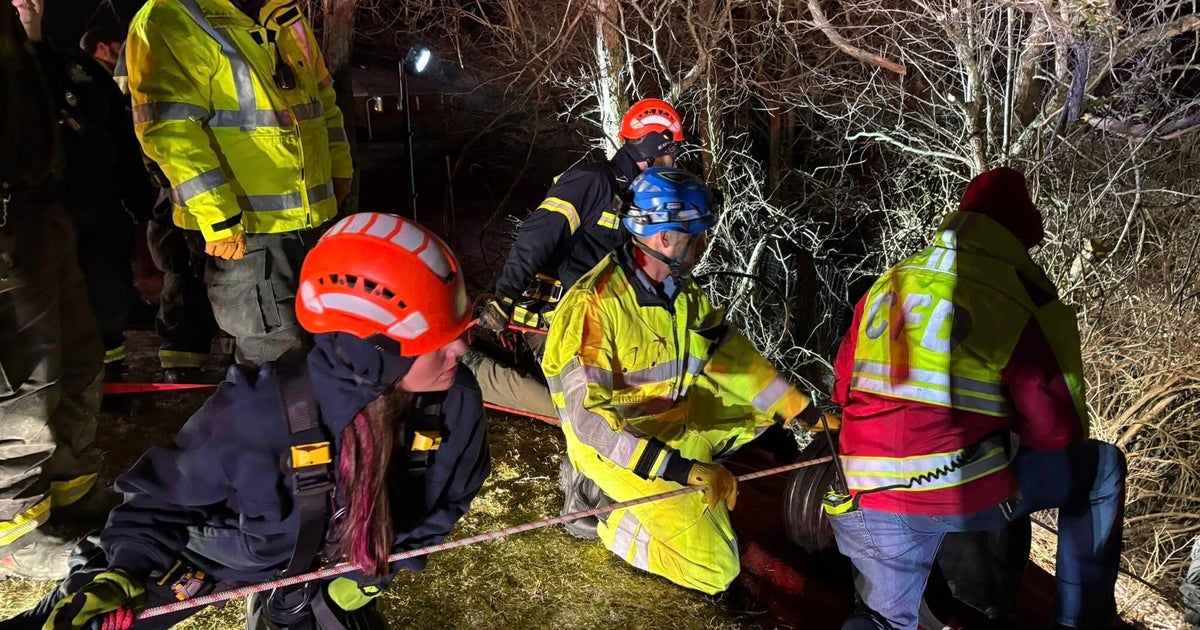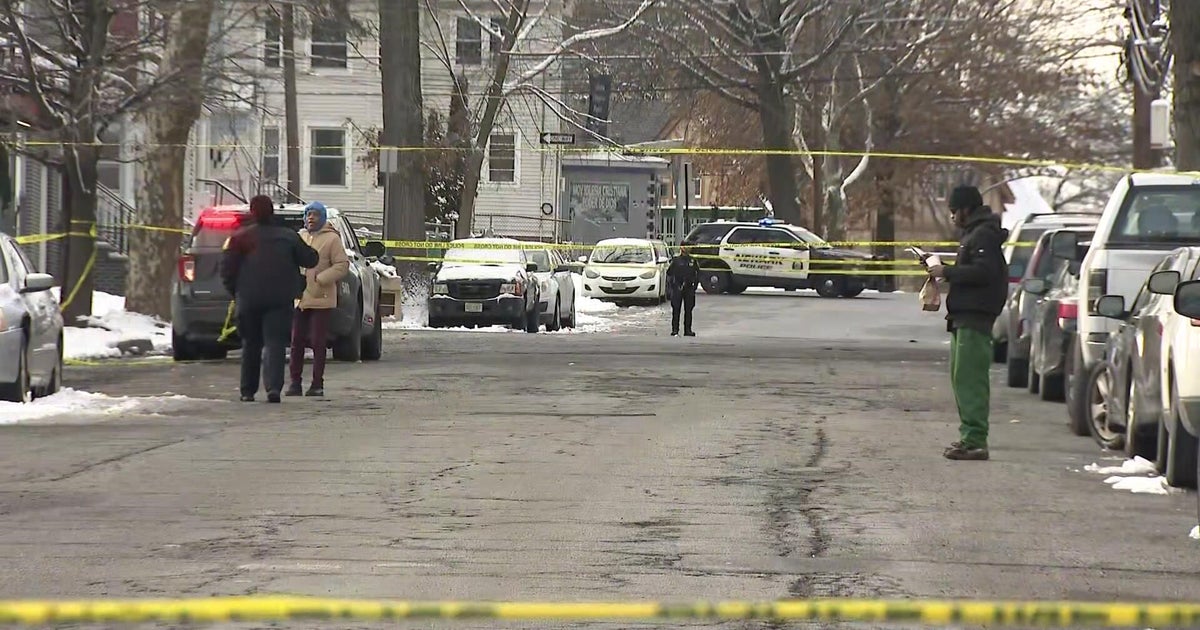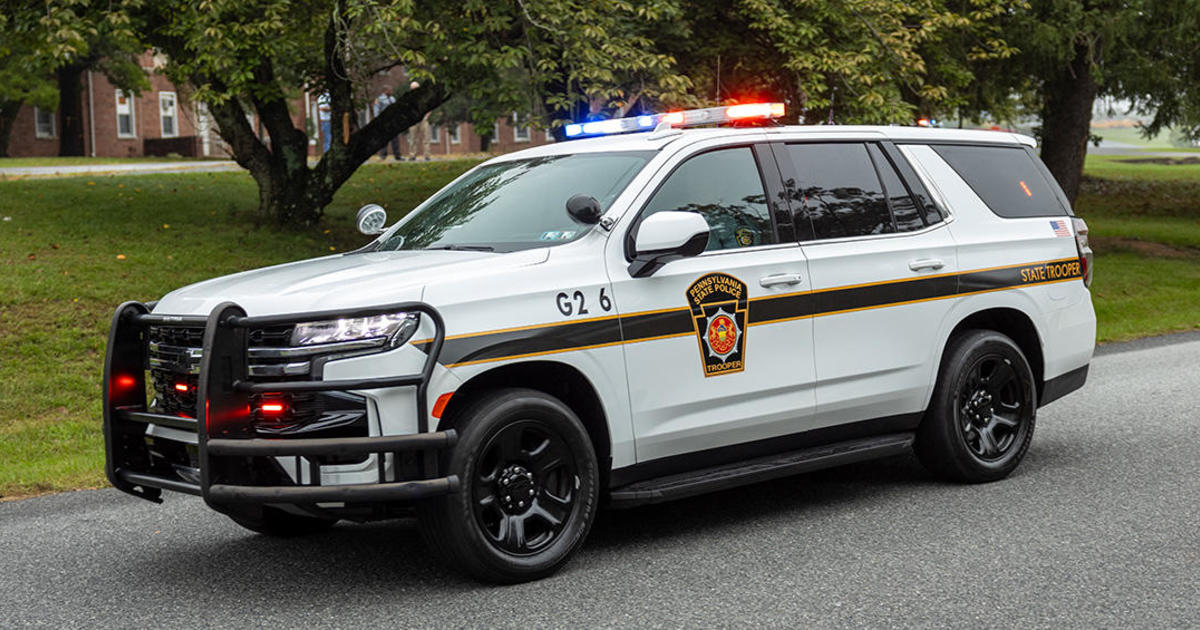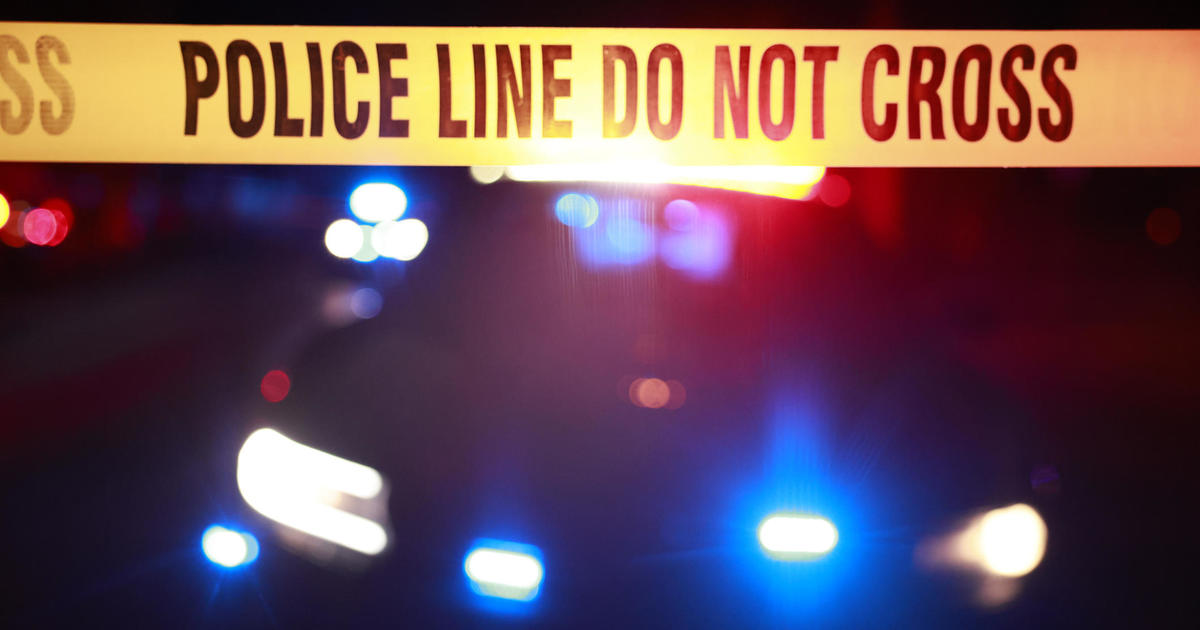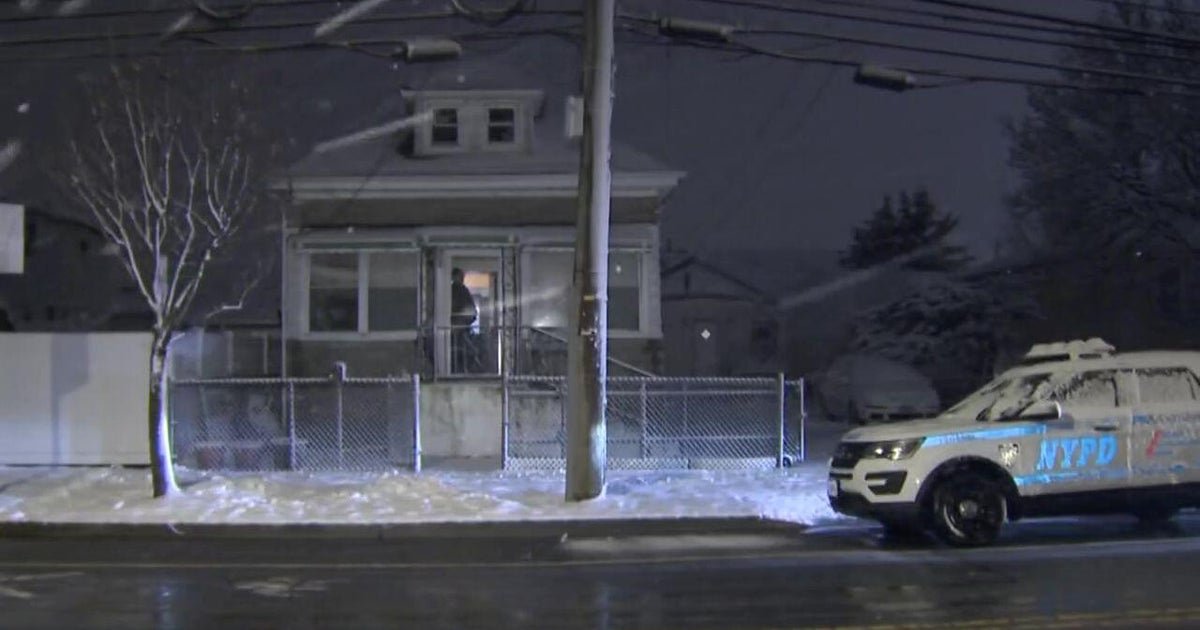NYPD Making Progress Bringing In And Promoting Women, But It Still Has A Lot Of Work To Do
NEW YORK (CBSNewYork) -- As we celebrate Women's History Month, CBS2 is looking at women's roles in law enforcement.
Reporter Ali Bauman recently sat down with several high-ranking members of the NYPD, including the police commissioner, about the efforts to bring more women into the department.
"I think back to when I started and I was in a command. I mean, there was a good shot you would never see another female," Chief of Interagency Operations Terri Tobin said.
When Tobin joined the NYPD 38 years ago, men made up 95% of the department.
"They now have to find you a locker room, so you're displacing someone who has a nice office. It's those little unintended consequences," Tobin said.
That made organizations like the Policewomen's Endowment Association crucial. This year is the organization's 100th anniversary and Monday marked their annual Women's Conference.
But the NYPD still has a far way to go. Right now, just 19% of officers are women.
When asked why that number isn't higher, Police Commissioner Dermot Shea said, "I think home life comes into it. I think, historically, this is a male-dominated profession. I think that is changing significantly."
READ MORE: NYPD Adds 200 Surveillance Cameras As Part Of Mayor's Hate Crimes Action Plan
Last year, Juanita Holmes became the highest-ranked woman in NYPD history with her promotion to chief of patrol.
But many of the top roles are still a boys club.
The commissioner told CBS2 there is not enough representation in the mid-level ranks.
"We have a number of lieutenants and when you look at the female rank, are not taking that captain's test," Shea said.
Tanya Meisenholder is deputy commissioner of equity and inclusion.
"Law enforcement does present some different challenges in terms of scheduling and flexibility that makes it more complicated for women to move forward," Meisenholder said.
So, why is it important to bring women in?
"There has been some research that shows females tend to use less force, that they're better able to provide better outcomes for victims, and that generally their communication skills are a bit different and are able to de-escalate more so than males," Meisenholder said.
"One of the things that we've noticed with women is we're a little bit more compassionate," NYPD officer and PEA president Erica Bukowiecki said. "We may go into domestic jobs or some things that are ... that you have to tread lightly."
The NYPD has just signed a 30 by 30 pledge. It hopes to increase representation of women to 30% by the year 2030.
"I think that this is a crucial time in policing. I think that we are looking at major reforms and I am really looking forward to having the voices of all members of the department heard in how we go about making those reforms possible," Tobin said.
In an encouraging step, nearly one-third of the newest police class are women.

